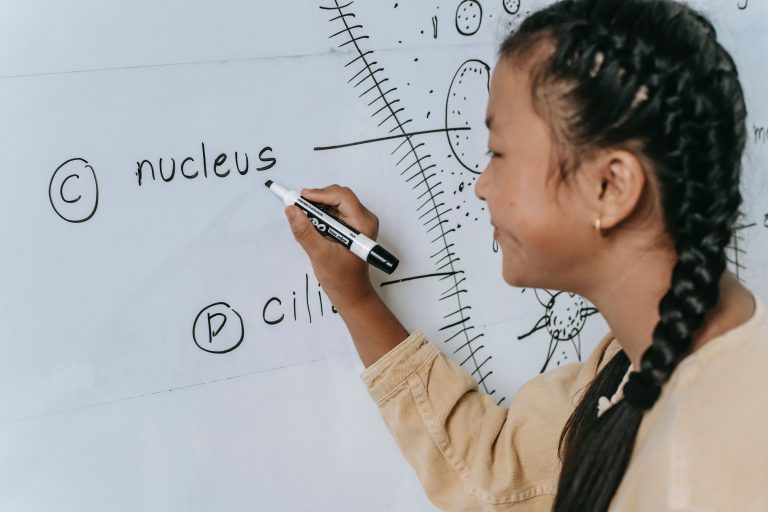The Role of Government Policies in Shaping Education in Pakistan
Education stands as a cornerstone of development for any nation, and in Pakistan, the government’s policies play a pivotal role in shaping the landscape of the education system. Over the years, various policies have been formulated and implemented with the aim of improving access, quality, and relevance in education across the country. Understanding the role of these policies is crucial in assessing the current state of education in Pakistan and charting a course for its future.
1. Access to Education:
Government policies have been instrumental in expanding access to education, particularly for marginalized communities and remote areas. Initiatives such as the “Education for All” campaign and the “Prime Minister’s Education Reforms Program” have focused on increasing enrollment rates and reducing dropout rates through the provision of free education, stipends, and incentives for families, especially in underserved regions.
2. Quality Enhancement:
Efforts to enhance the quality of education have been a central focus of government policies. The introduction of curriculum reforms, teacher training programs, and assessment mechanisms aims to improve teaching and learning outcomes. The establishment of regulatory bodies such as the Higher Education Commission (HEC) and the Punjab Education Commission (PEC) has also contributed to ensuring standards and accountability in education institutions.
3. Gender Parity:
Addressing gender disparity in education has been a key priority for government policies in Pakistan. Programs like the “Girls’ Education Project” and the “Benazir Bhutto Shaheed Youth Development Program” have aimed to increase female enrollment and retention by providing scholarships, stipends, and support for girls’ education. Legislative measures such as the Right to Education Act and the Punjab Free and Compulsory Education Act have further emphasized the importance of gender equality in education.
4. Infrastructure Development:
Investment in infrastructure development has been another focus area of government policies to improve the learning environment. Construction of new schools, renovation of existing facilities, provision of basic amenities such as clean water and sanitation, and electrification of schools in rural areas have all been prioritized to create conducive learning environments for students and teachers.
5. Vocational and Technical Education:
Recognizing the importance of vocational and technical education in addressing unemployment and meeting the demands of the labor market, government policies have increasingly emphasized the expansion of vocational training institutes and the integration of vocational education into mainstream curriculum. Programs like the “Skills for All” initiative aim to equip youth with employable skills and promote entrepreneurship.
6. Governance and Oversight:
Government policies also play a crucial role in governance and oversight of the education sector. Establishing regulatory frameworks, monitoring mechanisms, and accountability systems ensure transparency and efficiency in the management of education institutions. Additionally, policies promoting decentralization and community participation empower local stakeholders in decision-making processes, leading to more responsive and inclusive education systems.
While government policies have made significant strides in shaping education in Pakistan, challenges persist, including funding constraints, implementation gaps, and socio-cultural barriers. Moving forward, it is imperative for policymakers to address these challenges through sustained commitment, innovative approaches, and multi-stakeholder collaboration. By continuing to prioritize education as a national priority and investing in comprehensive reforms, Pakistan can build a more inclusive, equitable, and quality education system that empowers its citizens and drives socio-economic development.




